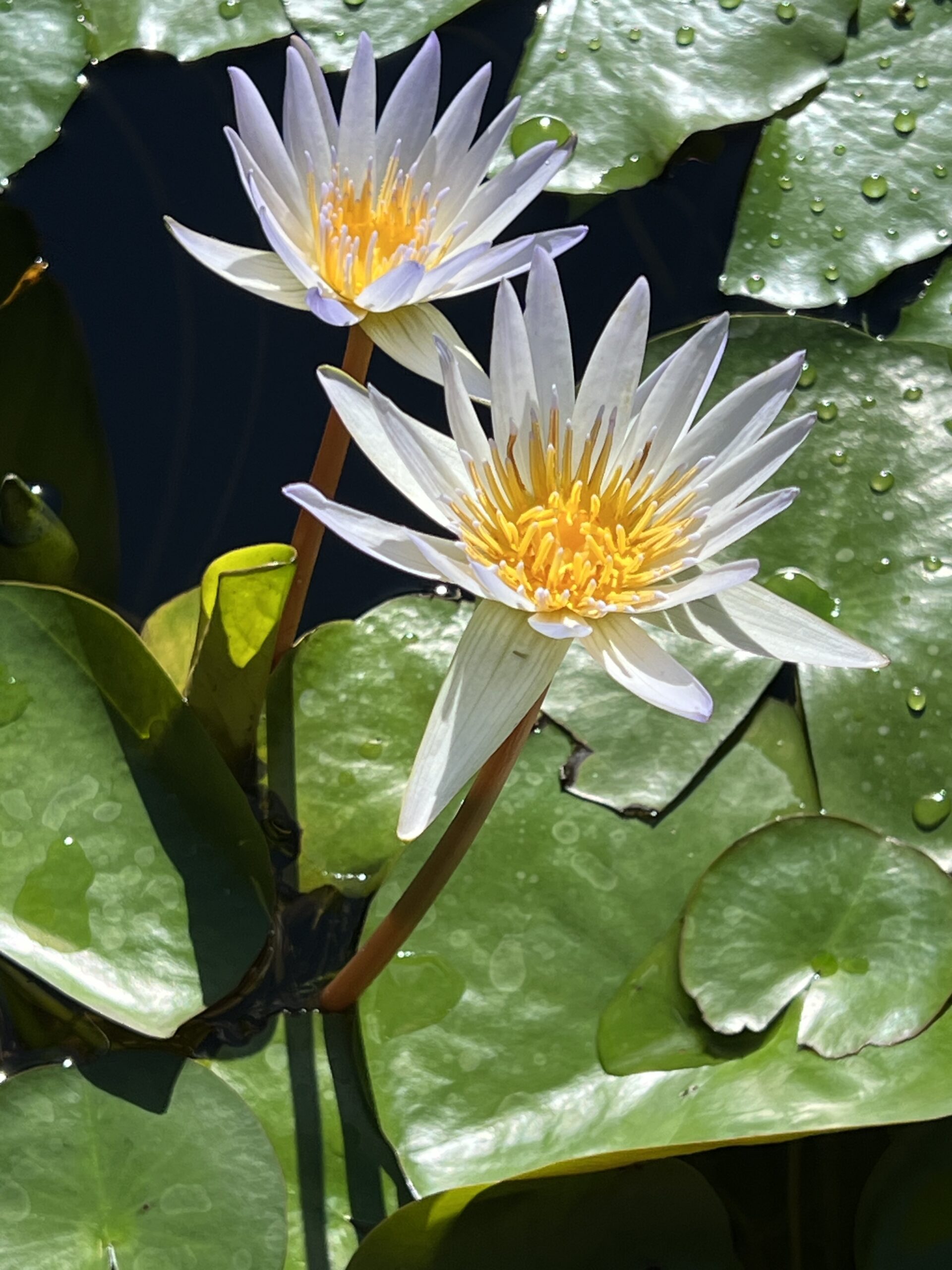SELF-INVESTIGATION
“We must investigate all of our concepts and ideas, anything we have accepted blindly, without question. Such unquestioning acceptance of authority is tantamount to allowing ourselves to be hypnotized, programmed, conditioned. We must ask, “What is hypnosis? Where (in what areas of my life) am I hypnotized?” You may find that you are indeed being hypnotized and that in your early years you were programmed by the ideas and, in some cases, the misconceptions of the adults around you. Perhaps you were told, “You can’t play outside if it’s raining because you will catch a cold.” Years later, you may still catch cold on a rainy day. We condition ourselves with such ideas as, “I only slept for four hours last night so I will be tired by this afternoon.” We tell ourselves, “I hate getting up in the morning,” but do we really mean, “I am unwilling to face the daily problems”?” (Swami Radhananda: Living the Practice)
This morning I heard an echo of the above quote as I yearned to stay curled up under the covers, unwilling to face a busy day of house cleaning, bed-changing, re-landscaping, outdoor furniture refinishing and deck resurfacing. Also, indoor painting and, in an ideal world, getting our dust-coated car washed. Though pretty much all of these jobs have been delegated to competent people, for which I am extremely grateful, I am still responsible to supervise and answer questions such as why there’s no power to the bunk room wall sockets, and what to do, if anything, with the viable plants that are being removed from the bed that is currently over-grown with foundation-invading roots.
Looked at metaphorically, how do foundation-invading roots relate to past conditioning and/or hypnosis? What long-held opinions and ideas threaten the foundation of the spiritual house I’m building as I go about leading an examined life? And how would I know if I’m operating on old biases and conditioning versus a conscious knowing that I truly believe in what I’m thinking, feeling, doing or saying?
When asked why he was so effective as a leader and teacher, Gandhi cited this same fact: he was congruent in what he felt and thought, said and did. He was not conflicted in these facets of his psyche. He did not think one thing; feel another; say something different and/or do something else entirely. Without knowing what is behind my thoughts and actions, how can I function from this place of inner congruence?
I find it effective — if not essential — to keep a journal in which to record thoughts and feelings that I can link to subsequent words and actions, and then assess the effects of the latter on the people around me, ultimately creating a record of cause and effect. If I don’t like the results of any given action I can trace these outcomes back to the thoughts and feelings that prompted them, and analyse what needs to change in this trajectory.
Today’s reluctance to get out of bed can be traced to the thought that I would be overwhelmed with decisions I wasn’t sufficiently informed to make. A lack of confidence in what I had been envisioning made any choices seem damned if I did and damned if I didn’t.
Self-doubt and second-guessing are habits that have dogged most of my adult life. It is only since I have begun examining these patterns that I have achieved some degree of mastery over this hypnotized conditioning. One of the misconceptions I internalized while growing up was that it was not OK to make mistakes. Learning about the downstairs brain, or amygdala, has enabled me to trace my fear of making mistakes to my reptilian brain and the survival mechanisms that seem irrational to a thinking adult. I have not evolved so far from those fight, flight, freeze or appease reactions that I can make choices with confidence and alacrity. But I am learning to have faith in myself, and have compassion for the aspect that was programmed to believe she could never admit or accept imperfection. If nothing else, liberation must contain an element of freedom from the programming of one’s past. Self-inquiry is a good way to uncover and, with the help of a consistent spiritual practice, ultimately remedy that.
Aum Namah Sivayah
P.S. This blog is late because I’m also conditioned to second-guess whatever content I think worthy to express. As Eleanor Roosevelt said: “We must do the thing we think we cannot do.” So I did.
